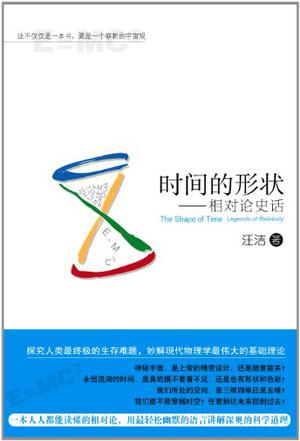Play is a paradox. Why would the young of so many species--the very animals at greatest risk for injury and predation--devote so much time and energy to an activity that by definition has no immediate purpose? This question has long puzzled students of animal behavior, and has been the focus of considerable empirical investigation and debate. In this first comprehensive and state-of-the-art review of what we have learned from decades of research on exploration and play in children and animals, Power examines the paradox from all angles. Covering solitary activity as well as play with peers, siblings, and parents, he considers the nature, development, and functions of play, as well as the gender differences in early play patterns. A major purpose is to explore the relevance of the animal literature for understanding human behavior. The nature and amount of children's play varies significantly across cultures, so the author makes cross-cultural comparisons wherever possible. The scope is broad and the range multidisciplinary. He draws on studies by developmental researchers in psychology and other fields, ethologists, anthropologists, sociologists, sociolinguists, early childhood educators, and pediatricians. And he places research on play in the context of research on such related phenomena as prosocial behavior and aggression. Finally, Power points out directions for further inquiry and implications for those who work with young children and their parents. Researchers and students will find Play and Exploration in Children and Animals an invaluable summary of controversies, methods, and findings; practitioners and educators will find it an invaluable compendium of information relevant to their efforts to enrich play experiences.















































评价“Play and Exploration in Children and Animals”